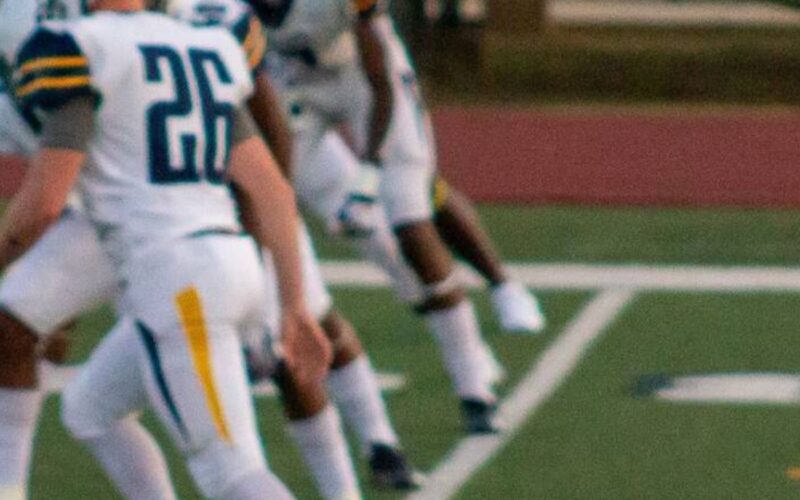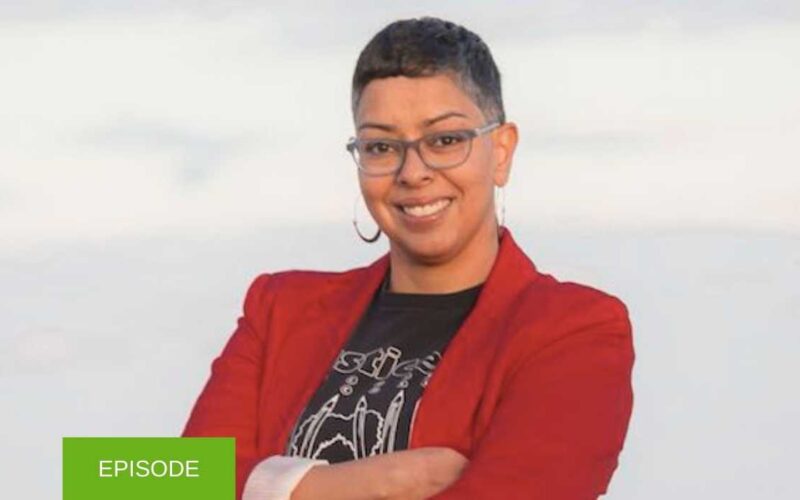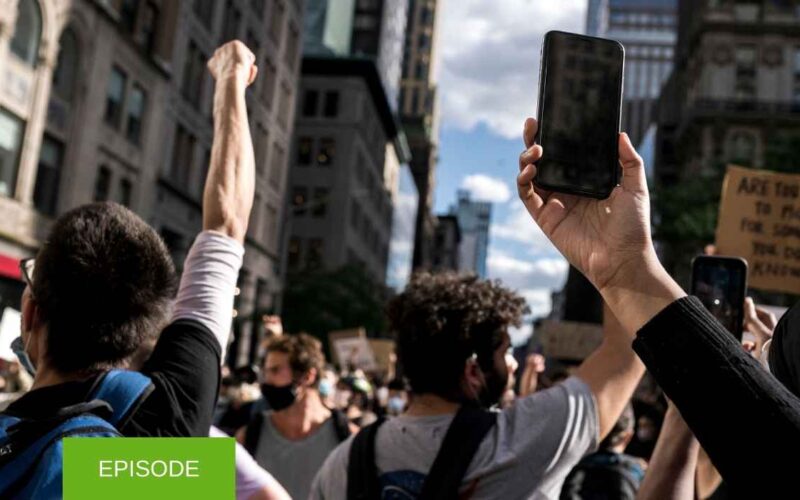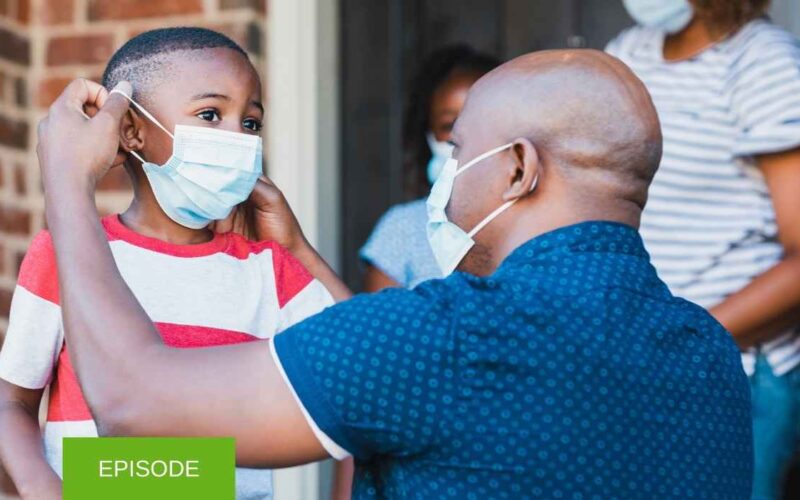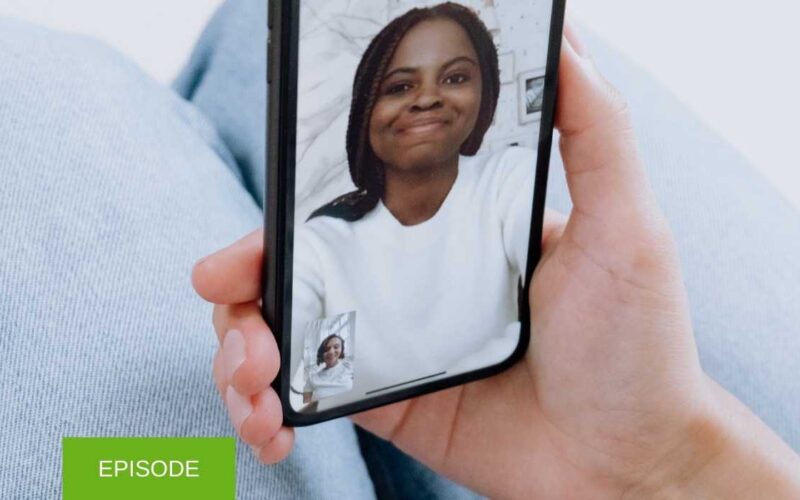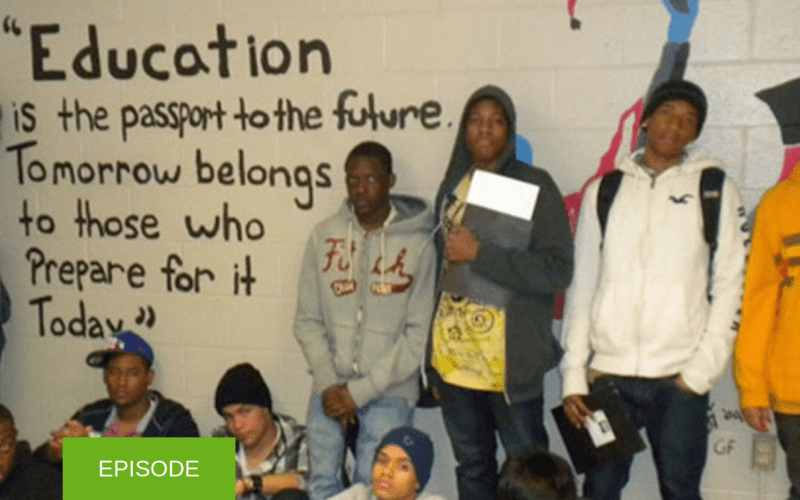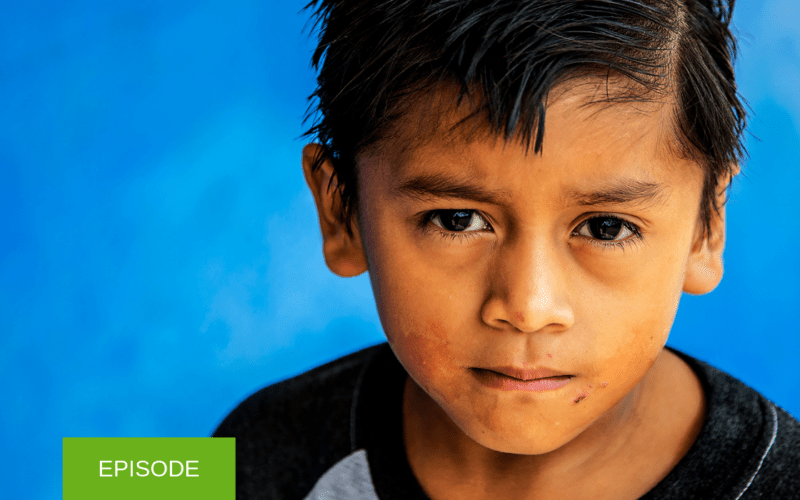The “Name Game”: racialization in a suburban high school (Encore)
Drs. Tony de Jesus, Anthony Johnston, and Don Siler of University of St. Joseph recount their intervention in a multiracial high school in crisis. White students had instigated a “game” of addressing Black students as the n-word. We discuss the impact of racialization in the Trump era on white students, students of color, and the school community as well as actual and potential responses by schools.
Read More
